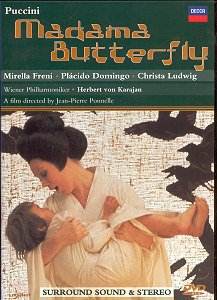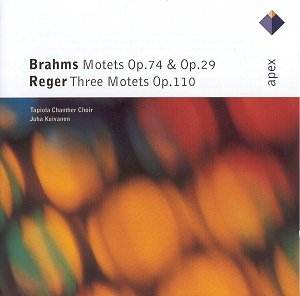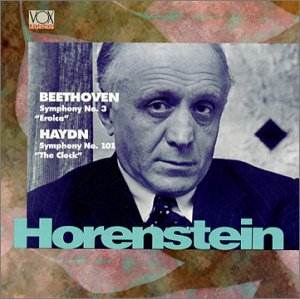 Composer: Giacomo Puccini
Composer: Giacomo Puccini
Works: Madama Butterfly
Performers: Mirella Freni (Cio-cio-san), Placido Domingo (B.F. Pinkerton), Christa Ludwig (Suzuki), Robert Kerns (Sharpless), Michel Sénéchal (Goro), Marius Rintzler (Il Bonzo), Elke Schary (Kate Pinkerton), Giorgio Stendoro (Prince Yamadori)
Recording: 1974 film directed by Jean-Pierre Ponelle, Konzer Tvereinigung Wiener Staatsoper, Wiener Philharmoniker conducted by Herbert von Karajan
Label: DECCA
Puccini’s “Madama Butterfly” remains a cornerstone of the operatic repertoire, a poignant exploration of love, betrayal, and cultural dissonance. This particular recording, a film adaptation directed by Jean-Pierre Ponelle and featuring the illustrious Wiener Philharmoniker under Herbert von Karajan’s baton, encapsulates the emotional depth and rich orchestral textures that characterize Puccini’s work. The 1974 production, while more than two decades old now, has been meticulously restored for DVD, presenting an opportunity to revisit this classic with renewed clarity, both visually and aurally.
The performances are marked by a compelling interpretative depth, particularly from Mirella Freni and Placido Domingo. Freni’s portrayal of Cio-cio-san is nothing short of revelatory, capturing the character’s innocence and tragic optimism with a voice that effortlessly navigates Puccini’s demanding lyrical lines. Her Act I duet with Pinkerton is a masterclass in vocal interplay; the seamless blending of their timbres reflects not only a romantic union but also an intricate emotional bond that becomes increasingly fraught as the narrative unfolds. Domingo, youthful yet deeply invested in his character’s arc, shifts convincingly from the carefree naiveté of the initial scenes to a profound realization of his own culpability by the opera’s climax. His vocal prowess brings an exquisite tension to the love duet, effectively bridging the gap between impulsive desire and the weight of impending regret.
Karajan’s conducting is emblematic of his era, infusing the score with both grandeur and intimacy. The orchestration, lush and expansive, serves as a vibrant backdrop to the unfolding drama. The Wiener Philharmoniker delivers a performance rich in detail, with particular attention to the nuances of the humming chorus, which, in this recording, crescendos into an emotional highlight as night falls and hope dims for Cio-cio-san. However, the film’s visual choices sometimes detract from the operatic experience. The decision to convey certain arias as internal monologues, with singers’ lips sealed, disrupts the emotional immediacy that Puccini’s music so expertly captures. Such moments, while innovative, risk alienating viewers from the visceral connection that opera ideally fosters.
The technical aspects of the recording deserve commendation. The sound engineering breathes new life into the orchestral textures, allowing the listener to appreciate the intricate interplay between voices and instruments. Despite the film’s occasional visual shortcomings, the audio quality provides a rich tapestry of sound, enhancing the dramatic tension throughout. However, the cinematography’s harsh angles, particularly during moments of high emotion, can distract rather than enhance the storytelling, as evidenced by the overly dramatic framing of pivotal scenes, such as Cio-cio-san’s tragic suicide.
This adaptation of “Madama Butterfly” presents a complex interplay of strengths and weaknesses. The powerful performances by Freni and Domingo, alongside the lush orchestral backdrop and Karajan’s insightful direction, create a memorable musical experience. However, the film’s ambitious visual interpretations can overshadow the operatic essence, complicating the narrative’s inherent absurdities rather than illuminating them. Ultimately, while this version has its flaws, it remains a worthy representation of Puccini’s masterwork, inviting both admiration and critical reflection on the evolving nature of operatic presentation.



